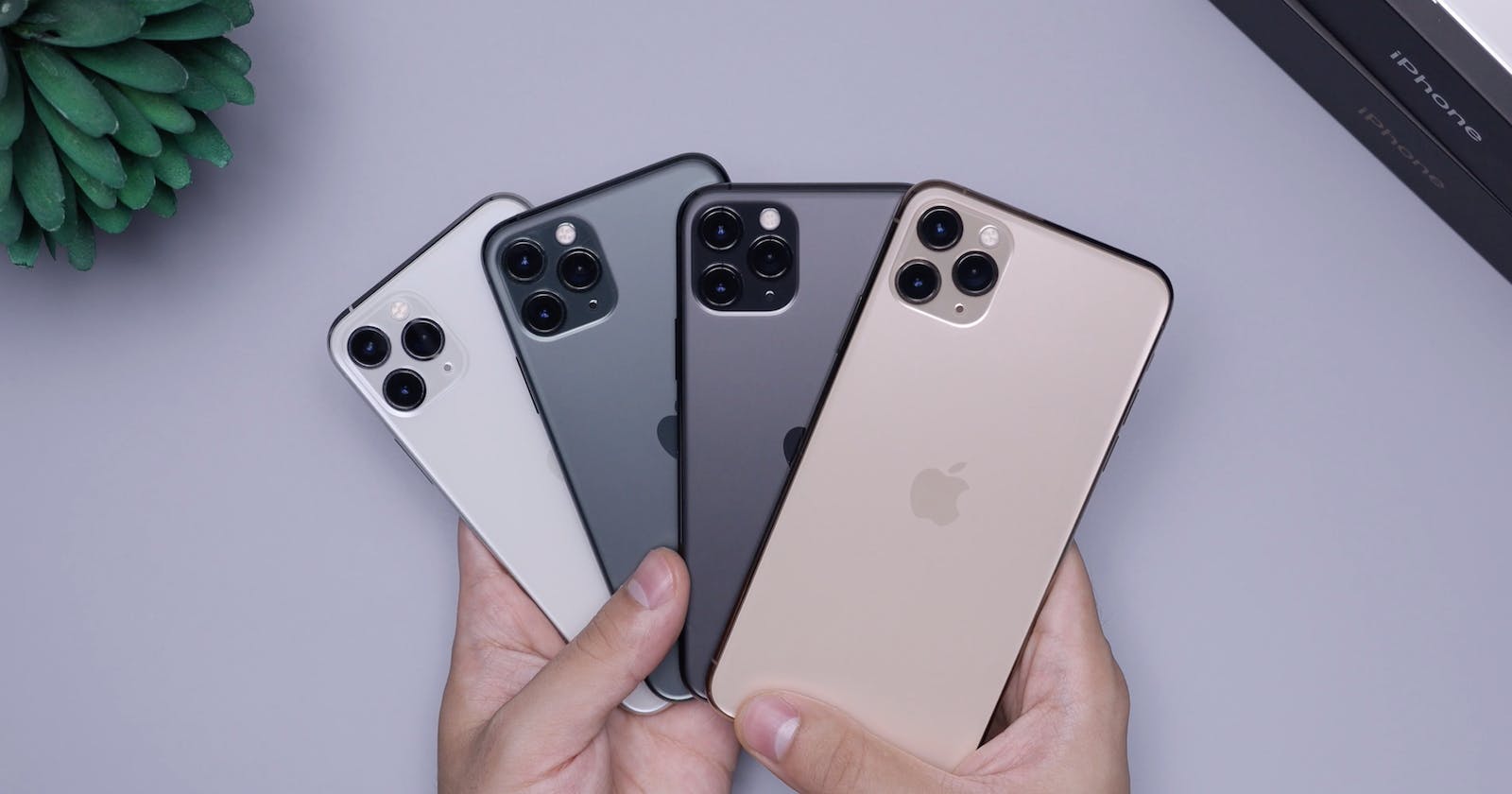Apple is a world leader and a pioneer in several fields. Their best-selling product, the iPhone, has shaped the world of smartphones as we know it today. This is very easy to agree with if you are an Apple user. But what about the smartphone world as a whole? We nerdy tech enthusiasts always appreciate the strides that have been spearheaded by the iPhone. Some might even claim the first smartphone was indeed the iPhone.
Let’s take it back to the year the iPhone was launched; 2007. The late Steve Jobs blessed the world with a touchscreen phone. At the time, the best business phones and flagships were characterized by large QWERTY keyboards. The touchscreen was a refreshing way to get rid of the keyboard when you do not need it, as Steve Jobs put it. This then set the ball rolling and has led us to the depths the smartphone has come ever since. This was also a nice way to interact with your phone. In their words, Apple had successfully created the first smartphone, so to speak. They also got rid of the iPod by enabling the iPhone to do all the portable music player could do and more.
But Apple did not stop there. Mobile applications are also something to note with the development of smartphones. The Apple app store was a great avenue for developers worldwide to create for the readily available market. Today there are thousands of applications and every operating system and smartphone maker has its application store. There is an application for everything.
The iPhone 7 controversially got rid of the headphone jack. This was fodder for rival brands such as Samsung who had a field day mocking Apple. But that was the direction that the world was inevitably heading to; wireless audio. Samsung, the largest manufacturer of smartphones was to eat humble pie and follow suit soon after by getting rid of the headphone jack from their flagships as well. It is also a similar story to the notch. The iPhone X (ten) had quite a large notch as smartphones aimed at more screen real estate. Archrivals (read Samsung) again turned on their banter. They attacked Apple viciously using targeted mockery advertisements. While they went the hole punch way with their flagships, Samsung soon started selling middle-tier and budget phones with a notch. And they do this even today.
Apple is an enviable company and they have a very interesting culture where they seem to ignore all other brands. They do not even compare themselves with rivals. This leads to a cult-like following and locks customers into their massive ecosystem. But truth be told, it is not that bad an ecosystem. You might be wondering why I brought the ecosystem discussion up, and sticking to the iPhone, some of the products and services in their ecosystem were world firsts. Facetime, iMessage, iTunes, Siri, Apple car play and airdrop are just but a few of these that rivals have had to develop alternatives. Using android as the closest rival, Google has had to mirror everything in the Apple ecosystem to try and poach some Apple customers. While it is always an ongoing discussion on what’s the better service; for example, Google assistant is a better virtual assistant than Siri in my opinion, it is no discussion on which came first, it was Siri.
If you are reading this on an iPhone, you are most likely feeling very good about yourself. Congratulations on owning a very innovative device. For us who are enthusiasts, we constantly watch this space as we hope for more innovation and competition. Most of these rivalries always spell nice features for us consumers as companies are pushed to develop the best features. And again, in conclusion, the first of something is not always the best.

